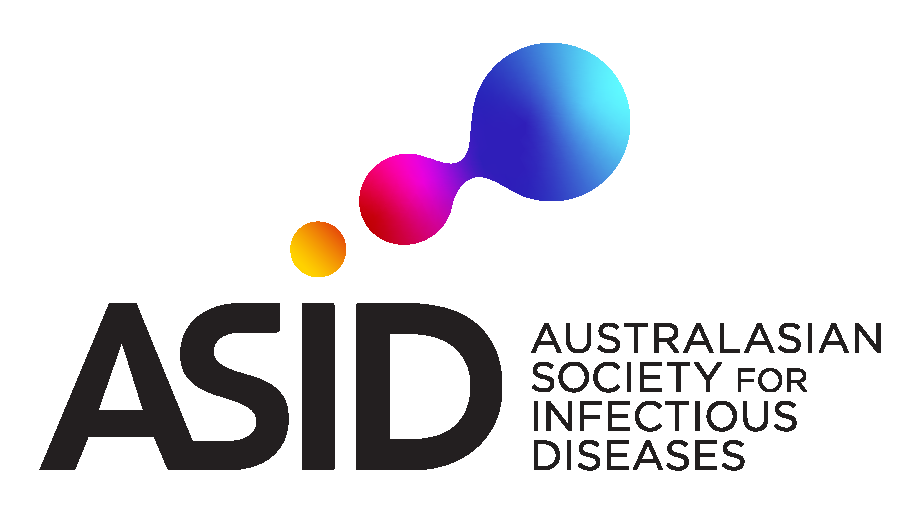Leading health organisations urge Australian Government to not miss opportunity for a world class Centre for Disease Control
“...while the pandemic may be over, significant health threats persist that require the leadership of a fully resourced national body that has the buy-in and support of all states and territories. ”
Joint statement from the Public Health Association of Australia, Australasian Society for Infectious Diseases, Climate and Health Alliance, and The Royal Australasian College of Physicians.
In the lead-up to the much-anticipated COVID-19 Response Inquiry report being delivered to the Prime Minister, leading health organisations are calling on the Australian Government to honour its election promise and fully fund and establish a permanent Australian Centre for Disease Control (Australian CDC).
Experts from the Public Health Association of Australia (PHAA), the Royal Australasian College of Physicians (RACP), the Australasian Society for Infectious Diseases (ASID) and the Climate and Health Alliance (CAHA) say that the COVID-19 Response Inquiry report should underscore the need for a national body to coordinate Australia's response to future health crises – including future epi/pandemic outbreaks that are now more likely than ever.
They are urging the Government to act decisively now to formally establish the much-anticipated Australian CDC to ensure better co-ordinated and more strategic public health leadership.
Adjunct Professor Terry Slevin, PHAA's CEO, Public Health Association of Australia, says that the establishment of a national government body to tackle future pandemics and health challenges was a key election promise.
“During the 2022 federal election campaign, Prime Minister Anthony Albanese committed to establishing an Australian CDC. An Interim body was set up on January 1, 2024, with $91 million allocated in the May 2023 budget, but this funding expires on June 30, 2025.
“As we approach the next federal election, the Federal Government’s promise of an effective, permanent CDC remains unfulfilled. The organisation is still not formally established or funded for the long term. Australians deserve to know how the Government plans to fulfill this crucial promise to protect their health.”
Professor Joseph Doyle, President of the ASID, notes that while the pandemic may be over, significant health threats persist that require the leadership of a fully resourced national body that has the buy-in and support of all states and territories.
“Current health challenges, including avian influenza, Mpox, syphilis, rising whooping cough cases, and the introduction of new immunisations such as for RSV, demand a robust, independent national response. A well-resourced, science-driven expert body is essential to address these issues effectively.”
President of the RACP, Professor Jennifer Martin adds that with the number of Australians living with chronic disease skyrocketing, a CDC with a focus on prevention was also crucial.
“The burden of preventable disease in our country is driven by modifiable factors such as tobacco use and vaping, unhealthy working environments, obesity and diabetes, underpinned by commercial determinants of health.
“If the Australian CDC is successful, fewer Australians will get sick or die from preventable diseases. It will also help us understand the best way to reduce the impact of some of Australia’s most common preventable killers and the impact of social and commercial determinants that drive inequality, climate change and poor health outcomes for some Australians. There are strong health and economic reasons to invest in disease prevention.
“The establishment of an Australian CDC would ideally also avoid the need to establish groups like the National Dust Diseases Taskforce to investigate preventable work-related diseases such as accelerated silicosis.”
“As the Climate and Health Unit now sits within the Australian CDC, the future and viability of the Climate and Health Strategy is also tied to the Centre's fortunes. The health sector is essential to reducing the drivers of climate change and responding to its effects. We urgently need long term commitment to advance this important work”, said Michelle Isles, CEO of Climate and Health Alliance.
PHAA's Terry Slevin says now is the time to establish a CDC that will become a legacy which benefits the health of everyone in Australia.
“The Australian CDC is perhaps the most important change in the public health landscape for a generation. It is vital it has a sound base, clarity of purpose and the funds to take a leadership role, joining all other members of the OECD who have established a Centre for Disease Control.
“We are looking forward to a definitive and substantial financial commitment to the establishment of the permanent CDC before the end of 2024, before an election is called.”
ENDS
Media Contact: Alison Sweeney alison@asid.net.au or 0425 221 155.

